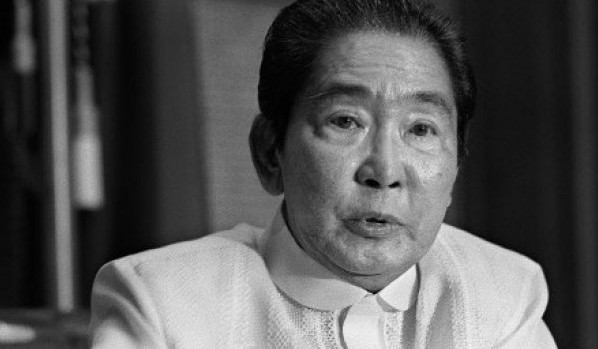Betrayed
The Supreme Court’s 9-5 decision rejecting the petitions to stop the burial of the late dictator Ferdinand Marcos in the Libingan ng Mga Bayani is a betrayal of both the Court’s noblest traditions and of the animating spirit of the Constitution. We share the view that the majority’s version of judicial restraint in the face of presidential prerogatives has allowed evil to slip through the thicket of technicalities—and triumph.
Marcos may have been a president, but he subverted the office and turned it into a dictatorship; he may have been a soldier, but his many and well-documented fabrications of valor and derring-do undermined the service. He is not qualified to be buried in the Libingan. His family today speaks of unity and healing, but has never once apologized for the well-documented, large-scale plunder and systemic violence of the Marcos years. If there is any one who should not be buried in what ordinary people understand is the cemetery for heroes, if there is any outlaw the Constitution should protect us from, it is Marcos.
And yet a majority of nine justices found that searing history, the documented villainy of the man, the flouting of the original conditions which allowed his family to bring his body back to the Philippines, or 20 or so of its own previous rulings pronouncing judgment on the excesses and abuses of the Marcos years—none of this disqualified the dictator from what ordinary people will see as a hero’s burial. The sense of betrayal we feel is profound.
No one, aside from the justices and their staff, has read the main judgment and the various separate opinions, but in his press briefing yesterday, court spokesperson Theodore Te highlighted five of the majority’s reasons. The principal reason was only to be expected: President Duterte’s order to the Department of National Defense to prepare for Marcos’ burial did not amount to a grave abuse of discretion.
This is a great pity and a grievous mistake—all the more so because the majority justices seem to have missed the historical irony at the heart of their reasoning.
The 1987 Constitution was a post-Marcos Constitution; it was meant to prevent the recurrence of the nightmare that was Marcos’ military-backed dictatorship. Hence the stricter provisions on the commander in chief’s martial-law powers. Hence, the one-third-of-Congress impeachment initiative. And hence, the Supreme Court’s new power to override the political question doctrine. “Judicial power includes the duty of the courts of justice … to determine whether or not there has been a grave abuse of discretion amounting to lack or excess of jurisdiction on the part of any branch or instrumentality of the Government.”
Previously, the doctrine of the political question encouraged judicial restraint; certain matters were best left to the other branches of government to decide. Since 1987, however, the courts had a new duty to determine grave abuse of discretion in any branch of government—precisely as a lesson from the Marcos years.
After Marcos imposed martial rule, Supreme Court decisions helped legitimize the dictator’s actions. This legal imprimatur was important to Marcos, who was a lawyer and understood his rule as constitutional authoritarianism. But in cases like Javellana vs Executive Secretary, the Court could offer legitimacy only through the political question doctrine: The subject of case after case after case was political, and therefore not justiciable.
This, apparently, is what the majority concluded: That President Duterte had the prerogative to issue such an order. What the majority justices failed to understand, and for which each of them will have to answer to history’s unforgiving bar, is that no president has the prerogative to negate history, undermine three decades of jurisprudence, or overturn the precepts of morality.
Lawyers are fond of quoting the famous passage from “A Man for All Seasons,” where the character of Sir—later Saint—Thomas More defends “giving the Devil benefit of law.” The passage is powerful as literature, but problematic as theory. One thing’s for certain, though: On Nov. 8, the Court gave the Devil his due.
RELATED VIDEOS





















